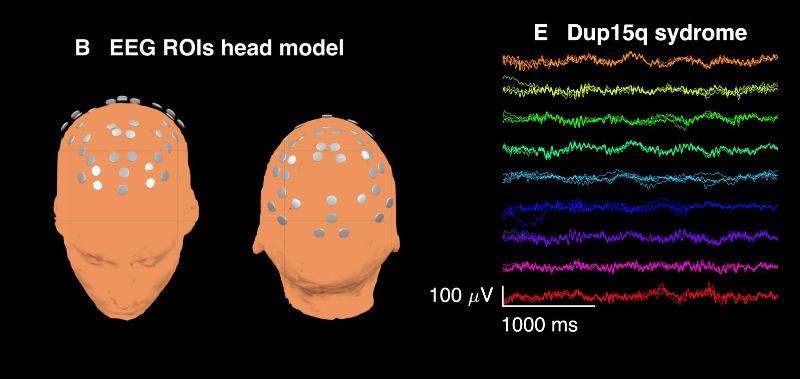
Takeda Pharmaceutical Company, in collaboration with Ovid Therapeutics, is set to begin three clinical trials of TAK-935/OV935 to treat a number of paediatric patients.
The proposed trials are titled ARCADE, ELEKTRA and ENDYMION.

Discover B2B Marketing That Performs
Combine business intelligence and editorial excellence to reach engaged professionals across 36 leading media platforms.
ARCADE is a Phase ll, multicentre, open-label pilot trial that intends to investigate TAK-935/OV935 for the treatment of patients with either CDKL5 deficiency disorder (CDD) or Duplication 15q (Dup15q) syndrome.
The trial is expected to enrol around 30 patients aged two to 17 years, with around 15 children with each syndrome.
Its primary objective is to evaluate the frequency of motor seizures in patients treated with TAK-935/OV935, while the trial’s key secondary objectives include safety, tolerability and pharmacokinetic (PK) assessments.
ELEKTRA is a Phase ll, multicentre, randomised, double-blind, placebo-controlled trial designed to examine the efficacy, safety and tolerability of TAK-935/OV935 in patients with Dravet syndrome or Lennox-Gastaut syndrome.

US Tariffs are shifting - will you react or anticipate?
Don’t let policy changes catch you off guard. Stay proactive with real-time data and expert analysis.
By GlobalDataNearly 125 patients aged two to 17 years are expected to be included in this trial.
The trial’s primary objective is to evaluate the frequency of seizures in patients treated with TAK-935/OV935 compared to placebo, while its key secondary objectives are safety, tolerability and PK assessments.
The proposed ENDYMION is a multicentre, open-label, long-term extension study of TAK-935/OV935 to treat patients with developmental and epileptic encephalopathies (DEEs) who participated in a previous TAK-935/OV935 clinical trial.
The primary objective of the study is to analyse the long-term safety and tolerability of TAK-935/OV935 over two years of treatment in patients with rare epilepsies.
The trial’s secondary endpoint will evaluate the effect of TAK-935/OV935 on seizure frequency over two years.
According to Takeda, the three new trials will join a clinical development programme that includes a fully enrolled Phase lb/lla trial of adults with DEE.
The trials will also investigate the potential of TAK-935/OV935 to modulate the N-Methyl-D-Aspartate (NMDA) signalling receptor, which has been implicated in various neurologic disorders.





